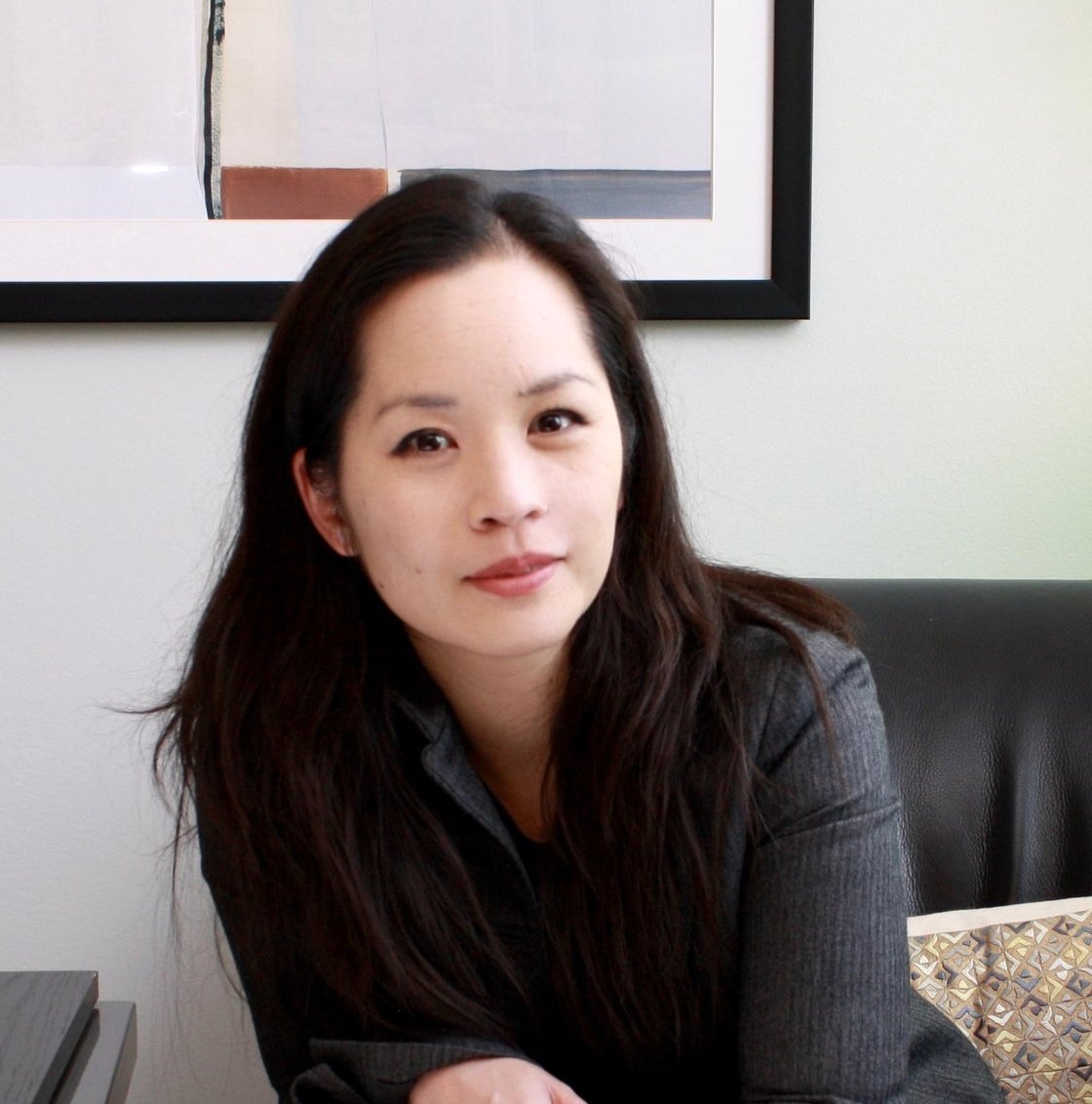Janie Hong, Ph.D.
SHE/HER
CALIFORNIA PSY22758
The decision to seek therapy is a difficult one. For nearly 20 years, I have worked in different cognitive behavioral treatment settings, and know first-hand how important it is to find high quality care. I see my patients as individuals (not as a series of diagnoses and/or problems). In therapy, I work with patients to establish an individualized model of how the problems relate to one another, identify goals and interventions, and monitor treatment progress in response to the interventions. My approach is warm, flexible and collaborative.
I specialize in helping adults who:
· Feel unclear about their life goals and direction
· Chronically worry
· Have extreme fears of being negatively judged
· Experience panic attacks or unwanted anxiety
· Have overwhelming negative emotions
· Struggle with obsessive thinking or compulsions
· Procrastinate
· Feel dissatisfied at work or in relationships
· Binge eat
· Struggle to connect socially or romantically
· Ruminate about past regrets and mistakes
· Have problems making decisions
TRAINING AND QUALIFICATIONS
I am a founding partner at the Redwood Center for CBT and Research, a licensed psychologist (PSY22758). I also am a Clinical Associate Professor and clinic director of the Anxiety and Depression Adult Psychological Treatment (ADAPT) Clinic in the Department of Psychiatry and Behavioral Sciences at Stanford University School of Medicine.
My research and clinical work have focused on expanding our templates of mental health to include diverse populations. At the start of my career, I focused on the ways a person’s ethnic and/or cultural background shapes beliefs and behaviors. Over time I found my work with culturally diverse individuals also applied to neurodiverse individuals and those with other diverse identities. I am deeply committed to helping diverse individuals articulate how they may differ from prevailing behavioral and emotional norms, teaching them skills to work within these norms, and showing them ways to advocate for their differences.
TREATMENT OUTCOMES
Data from 43 Patients Who Completed Treatment with Dr. Hong
Research shows that clinicians who receive regular feedback about how a patient is doing will have better therapy outcomes. The above graph shows patient data for those patients with whom I used the Depression Anxiety and Stress Scale 21 (also called the DASS 21) to track progress. Please note that I only included patients who showed an elevated score at the start of treatment.
Depression. The average patient struggling with depression came in with a score of 19 and ended treatment with a score of 4. Meaning, on average, these patients started with a "moderate" depression score and ended in the "normal" range.
Anxiety. The average patient struggling with anxiety came in with a score of 10 and ended with a score of 2. Meaning, on average, these patients started with a "moderate" anxiety score and ended in the "normal" range.
Stress. The average patient struggling with stress came in with a score of 22 and ended with a score of 7. Meaning, on average, these patients started with a "moderate" stress score and ended in the "normal" range.
Research Interests
My primary research interests include: assessing and targeting mechanisms to improve treatment outcome; using a case formulation approach to improve the cultural responsivity of CBT; identifying cultural factors that impact treatment adherence and outcome; and developing interventions to improve therapy process and outcomes.

